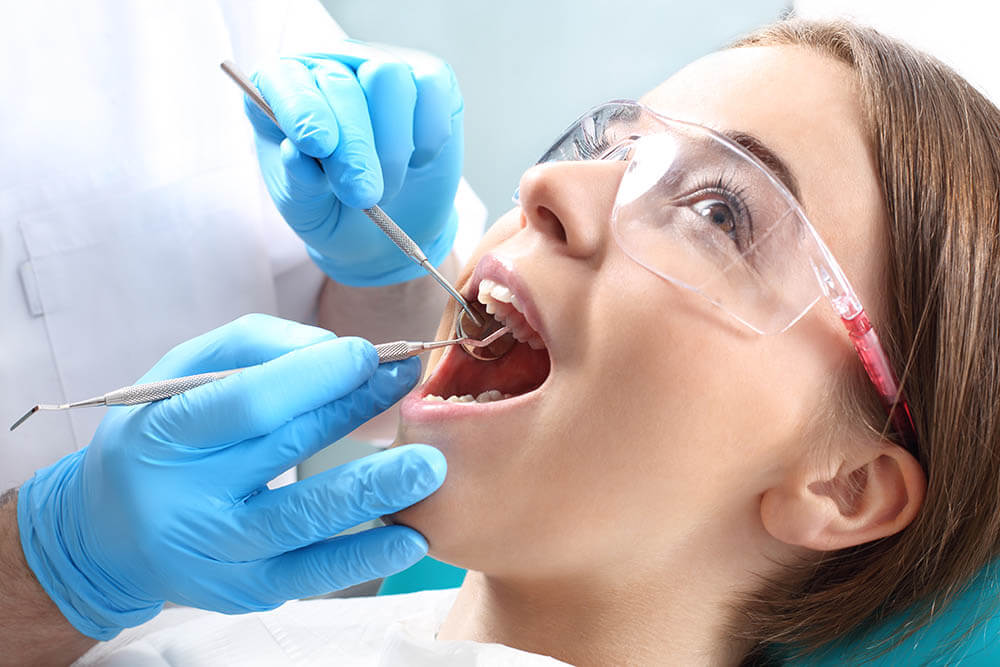You hear this term in movies all the time, “I’d rather have a root canal.” If you are fortunate enough not to have this done, you probably don’t know what they are talking about. In this post, we will explain what this procedure is meant to do and what it entails.
If your tooth is severely damaged or becomes infected, root canal therapy near you may be necessary. During this procedure, the pulp from the inside of the tooth is removed. Then the area is cleaned thoroughly, and disinfectant is applied.
Your dentist in Grande Prairie will then fill in the hole and seal it completely. If necessary, they may put in a new crown or dental implant as well. Tips for before and after root canal treatment.
Can’t They Just Give Me Antibiotics?
The problem here is not just that the pulp is infected. The main issue is that the dentist wants to ensure that the bacteria don’t spread to the jaw. Once the pulp is infected, there is not much else you can do but clear it out or yank the tooth out.
Why Don’t They Just Yank It Out?
Pulling teeth can be problematic. It leaves a gap in the mouth, and the other teeth can shift as a result. And, while one tooth might not be much of an issue, what happens when you have had a few taken out? Say, for example, you start losing molars.
If they are all removed, you will need to have dentures or transplants. Without molars, we cannot grind our food properly.
Is There Any Point Leaving the Shell of the Tooth?
Yes, the enamel should still be intact to a large extent. Once the cavity inside is filled again, and the crown placed, the tooth functions as it would normally. Only a lot stronger.
What Could Make it Necessary to Have a Root Canal?
Basically, any injury to the tooth could potentially require this kind of treatment. But these are more serious injuries. Like where the enamel has cracked, or a piece has chipped off. Basically, it has to be serious enough that bacteria can get to the inside of your tooth.
This can also happen if you have cavities that you have left untreated.
Caring for Your Repaired Tooth
As long as you are careful, this tooth will last the rest of your life. The tooth is actually probably stronger now than it was before. You have to do your bit by:
- Being very good with dental hygiene. Brush twice daily and floss at night.
- Do visit the dental hygienists for cleanings every six months and have a check-up annually.
- Be careful not to chew foods that are particularly hard. Avoid them completely or if that isn’t possible, try chewing them on the opposite side of your mouth.
Conclusion
This is one treatment that gets a really bad name. In the past, these were especially painful because the numbing agents were not as effective. It made sense because you are dealing with sensitive nerve endings.
Today we have much better access to numbing agents and pain meds. You might feel a little uncomfortable, but you should never be in agony.

